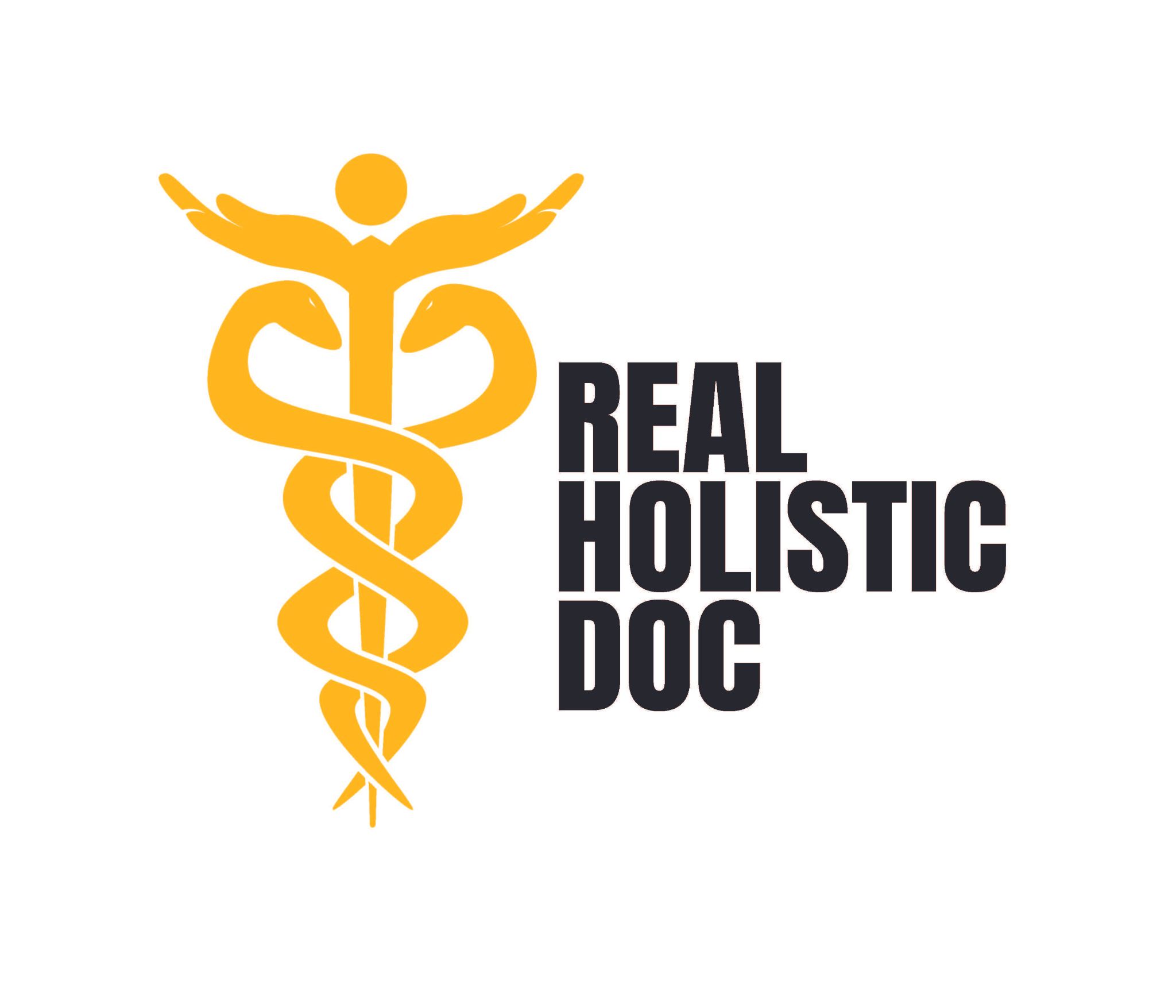SAUNA—HOT HEALTH
I recently revisited an article that originally intrigued me in 1981. Major Ward Dean (Medical Corp, USA) wrote that a moderately conditioned person consumed about 300 calories in a sauna, the equivalent of running 2 to 3 miles. This means that one might lose a pound of weight every 10 days with daily saunas, without changing any other habit. A heat-conditioned person can sweat 600 to 800 calories. He went on to suggest that regular use of a sauna might be as effective for cardiovascular conditioning and calorie-burning as physical exercise. (JAMA, Aug. 7, 1981, p.623).
Recently I reviewed 686 scientific sauna research articles on PubMed. Dr. Dean was more than accurate. Extensive evidence confirms the homeostatic benefits of regular sauna use in a remarkable variety of illnesses:
- Neuroendocrine effects-increased prolactin, beta endorphin and cortisol
- Improvement in sleep and less insomnia
- Significant reduction in the frequency of the common cold
- Reduction in hypertension equivalent to running and swimming, even after coronary bypass surgery!
- Reduction in congestive heart failure and improvement in exercise tolerance
- Reduction in hunger
- Improvement in anorexia nervosa
- Marked improvement in depression
- Improvement in autonomic nervous system—decreased sympathetic activity
- Improvement in atopic dermatitis
- Improvement in immunity, in both lymphocytes and prostaglandin E 1, the anti-inflammatory prostaglandin.
- Significant weight and body fat loss
- Decreased oxidative stress (''which leads to prevention of atherosclerosis'')
- Improvement in ventricular arrhythmia
- Improvement in Heart-Rate Variability
- Improvement in chronic pain of many types, including fibromyalgia and rheumatoid arthritis
- Recovery from chronic fatigue
The only significant risks are in alcoholics! Alcohol consumption during saunas is particularly risky! Saunas are not recommended in pregnancy and in those men seeking to impregnate their wives-there is a temporary reduction in sperm quality.
As far as I can tell there is no great difference in dry versus wet saunas. Hot soaks may be equally beneficial. Time of day may be influential. Personally I find that an early morning sauna boosts energy and well-being for the entire day. It is also excellent for jet lag. Some may find it best 3 hours before bedtime. I do not recommend that anyone jump into the cold plunge just after a sauna. Healthy young people may tolerate this but it is an extreme stress. Finns use an average temperature of 175 degrees Fahrenheit. I prefer 150 to 165. Everyone should start probably with a lower temperature. There is evidence that even 125 degrees is beneficial. Most should start with 5 or 10 minutes and build slowly to 20 minutes. Hot tubs or soaks should be 104 degrees to a maximum of 108 degrees in a well-conditioned person. Probably it is best to start 3 times a week but daily is excellent, after you are conditioned. It appears a sauna may be more beneficial than virtually any other health habit, most especially for those who do not enjoy physical exercise. Of course, I favor both!
Ref:
- Eur J Appl Physiol Occup Physiol, 1988, 57: 98-102
- Soc Sci Med, 1988, 26: 443-450
- Ann Med, 1990, 22: 225-227
- Schweiz Rundsch Med Prax, 1992, 81: 1016-1020
- Physiol Behav, 1997, 62: 1345-1354
- Vopr Kurortol Fizioter Lech Fiz Kult, 2000, Jul-Aug, (4) 37-39
- Wien Klin Wochenschr, 2002, 114: 102-107
- Exp Biol Med, 2003, 228:1245-1249
- Jap Heart J, 2004, 45: 297-303
- Circ J, 2004, 68: 1145-1151
- J Psychom Res, 2005, 58: 383-387
- Psychother Psychosom, 2005, 74: 288-294
- J Card fail, 2005, 11: 432-436
?
